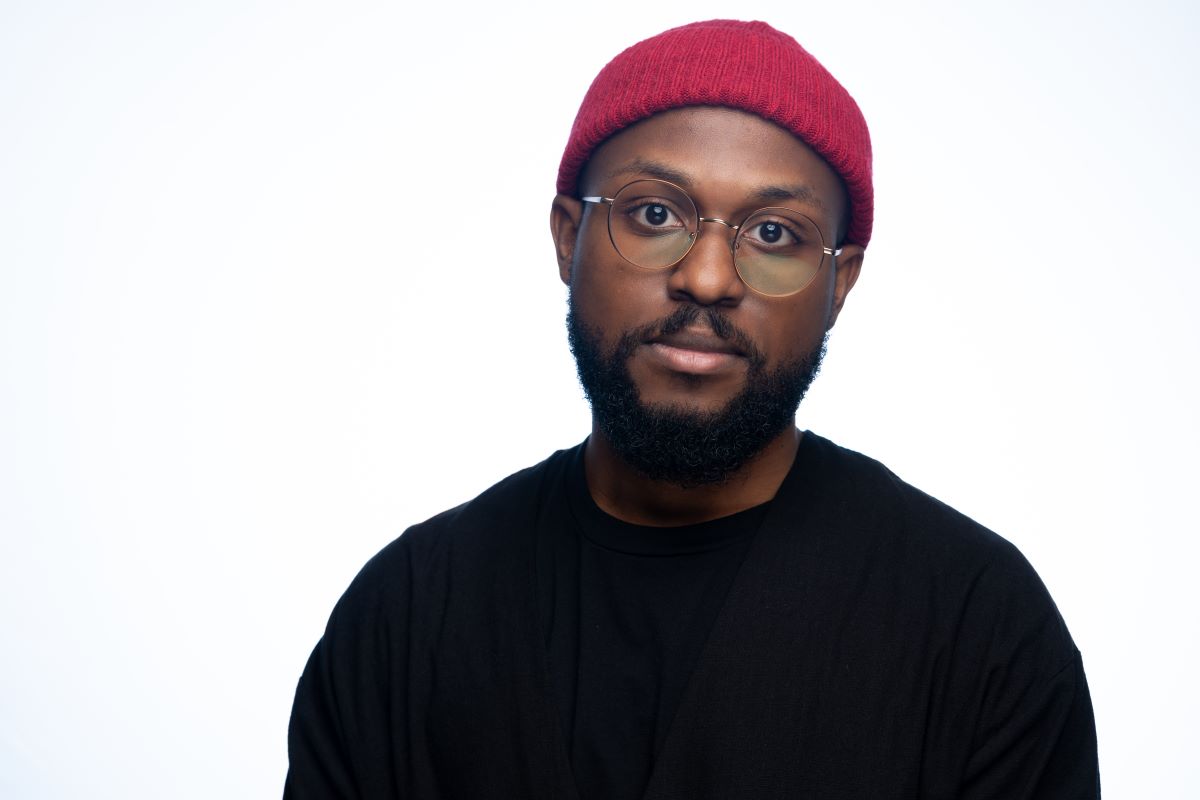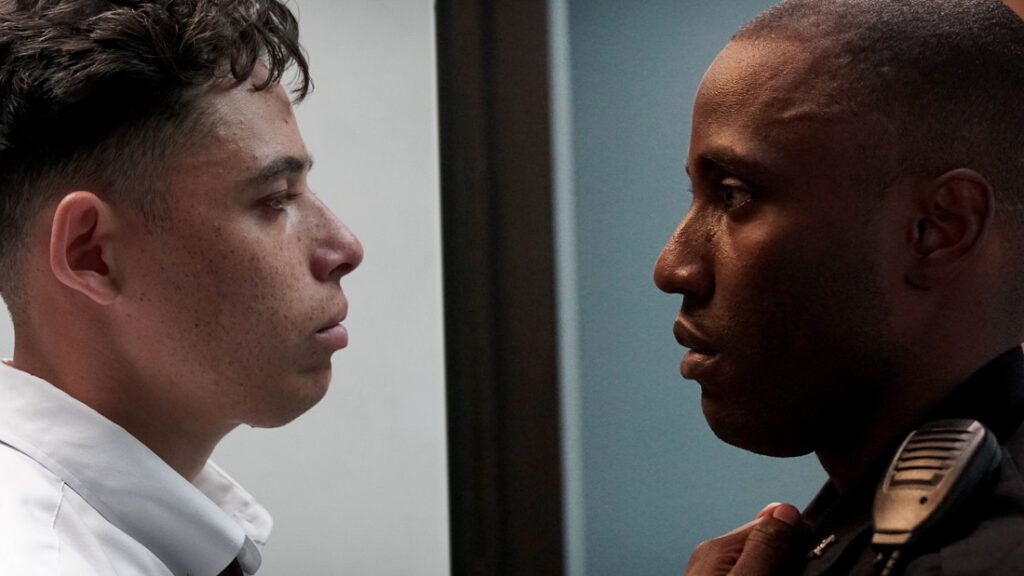Editor’s note: Brandon Towns is one of three recipients of the Sundance Institute’s Roger Ebert Fellowship for Film Criticism for 2018.
Entertainment has a long history of presenting stereotypical images of black people that seemed to be pleasing to some white audiences while minimizing black lives. However, this changed when black creators began taking black narratives into their own hands. Creatives like F. Gary Gray, Issa Rae and Ava DuVernay have brought African-American stories to the forefront of media. This is even more true for Sundance 2018 as the program has made major strides for filmmakers of color this year with the inclusion of over 30 black films.
Brickson Diamond, chairman of Blackhouse, described this year as “the blackest Sundance ever.” This statement could be felt in the air as countless African Americans filled the streets of Park City, bringing cocoa butter and black excellence with them. Films like “Monster,” “Emergency,” and “Sorry to Bother You,” and indie episodic series like “Leimert Park” express unique stories that explore non-traditional black narratives. The colored men and women at the heart of these tales feel like real people in relatable situations that discard black stereotypes.
Each examines the legitimate thoughts, feelings, and opinions of African Americans instead of using them as devices. These works look and feel like something I’ve never seen before and are a game changer for the landscape of black media. Diamond said, “These shows are different because the people creating them are different. It’s not a bunch of white people in a room crafting their perception of black people; it’s black people telling their authentic stories.” Black stories matter at Sundance because it opens the flood gates for more creative stories by people of color to enter the television and film industry.
As an African-American filmmaker, at one time I did not feel Sundance had a place for people like me. For colored creatives, Sundance was always considered a place for white voices. However, when I arrived, and saw numerous stories that I could relate to, I was blown away. Sundance Director John Cooper and Program Director Trevor Groth are dedicated to cultivating artists of all races and telling original stories. This is evident in the Sundance Labs, a program that assists indie filmmakers to develop their films. When asked about diversity at Sundance this year, Cooper responded, “I never want to hear [people say] we didn’t think Sundance was a place for us.” Sundance 2018 has made a home for diverse content creators to share their perspective. With programs such as the Blackhouse Fellowship, Film Independent Project Involve, and Sundance Labs, I’m excited to see what stories will be told next.












